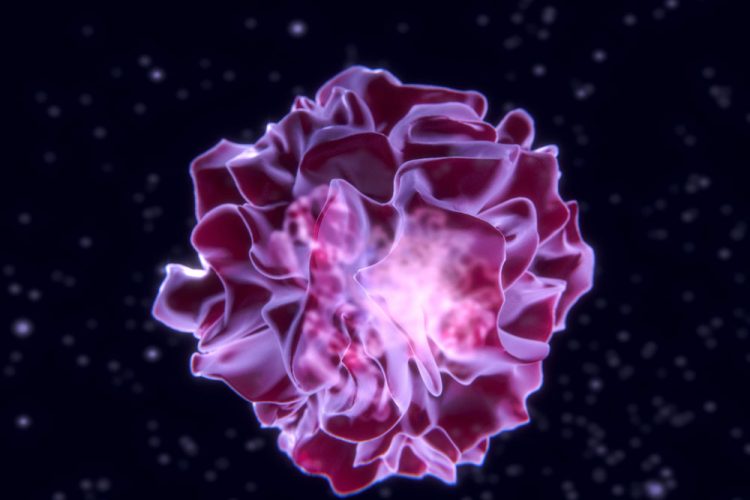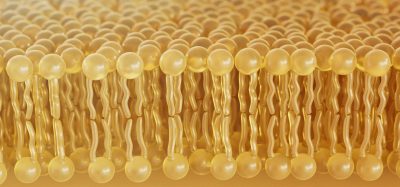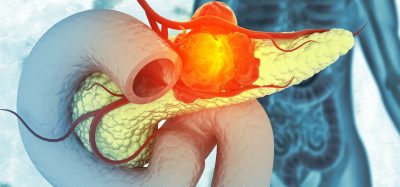cDC1 cells could improve cancer immunotherapy
Posted: 12 February 2018 | Dr Zara Kassam (Drug Target Review) | No comments yet
Chemicals that attract specialised immune cells toward tumours could be used to develop better immunotherapies for cancer patients…


Scientists have discovered that immune cells called Natural Killer cells accumulate in tumours and release chemicals that attract specialised dendritic cells (cDC1) – white blood cells known for triggering anti-cancer immune responses – to the tumour.
Genes associated with Natural Killer cells and cDC1 correlated with cancer patient survival in a dataset of over 2,500 patients with skin, breast, neck and lung cancers.
A similar correlation was seen in an independent group of breast cancer patients, with a particularly positive outcome for women with triple-negative breast cancer, which typically has a poor prognosis.
“Our findings have given us a renewed appreciation of the importance of Natural Killer cells and cDC1 in the immune response against cancer,” says Professor Caetano Reis e Sousa, Senior Group Leader at the Francis Crick Institute, who led the study. “It’s still early days, but attracting more cDC1 to tumours could be the basis of a new immunotherapy for cancer patients.”
The team also showed that prostaglandin E2 (PGE2), a molecule produced by some cancer cells, suppresses Natural Killer cell activity and reduces the responsiveness of cDC1 to the chemical attractants. This suggests that blocking PGE2 with aspirin might help boost the effectiveness of immunotherapies by restoring cDC1 levels in tumours.
“Now that we know a bit better how this key anti-cancer response works, we can look at identifying other ways in which cancers get around it,” says Prof Caetano. “This understanding will ultimately help us to develop new immunotherapy approaches to help more patients.”
Professor Karen Vousden, Cancer Research UK ‘s chief scientist, said: “This interesting research reveals more about the way the body’s immune system interacts with cancer, exposing one way in which cancer can avoid attack.
“Studies like this highlight the complexity of this relationship and may reveal another way in which the immune system can be harnessed to treat cancer. It’s vital that work continues to help make immunotherapies more effective and beneficial to more patients.”
Related topics
Disease Research, Immunotherapy, Oncology
Related conditions
Cancer
Related organisations
Cancer Research UK, Francis Crick Institute, The Francis Crick Institute
Related people
Professor Caetano Reis e Sousa, Professor Karen Vousden







